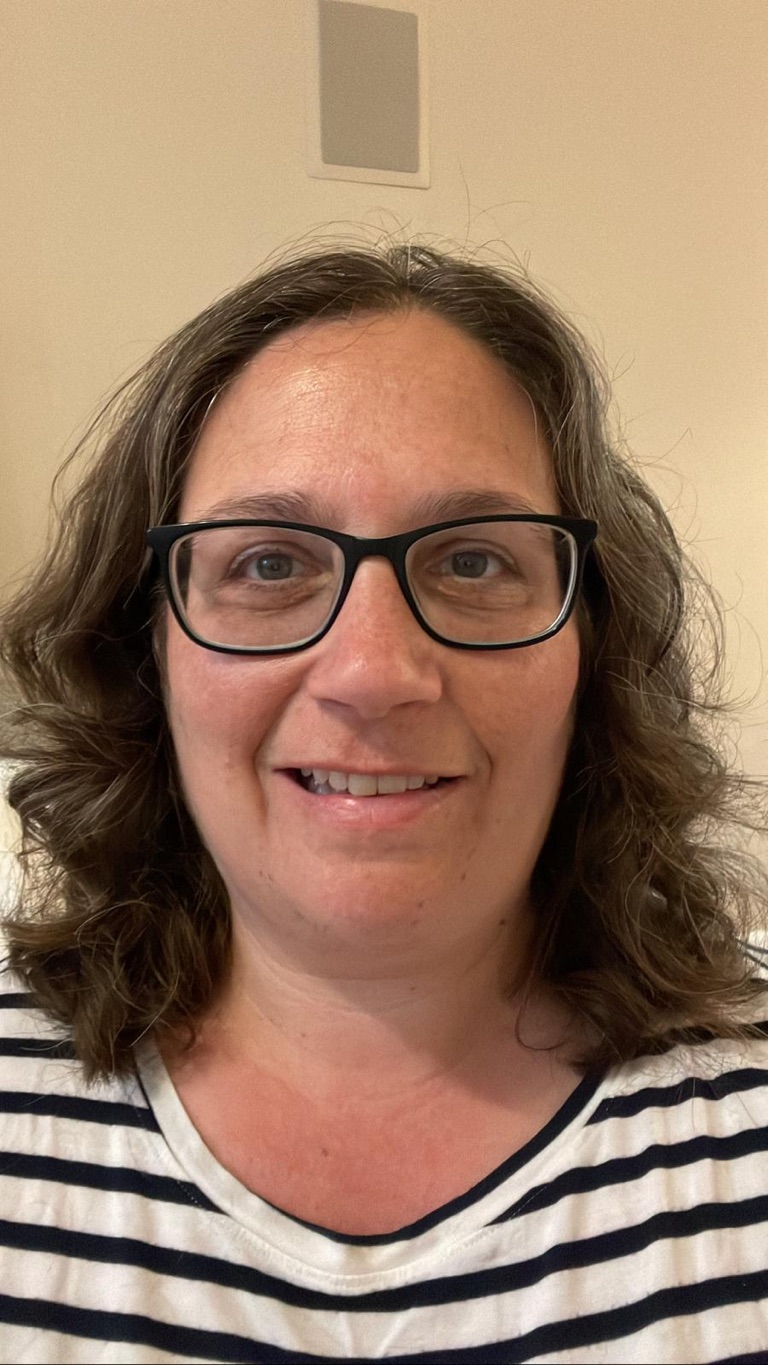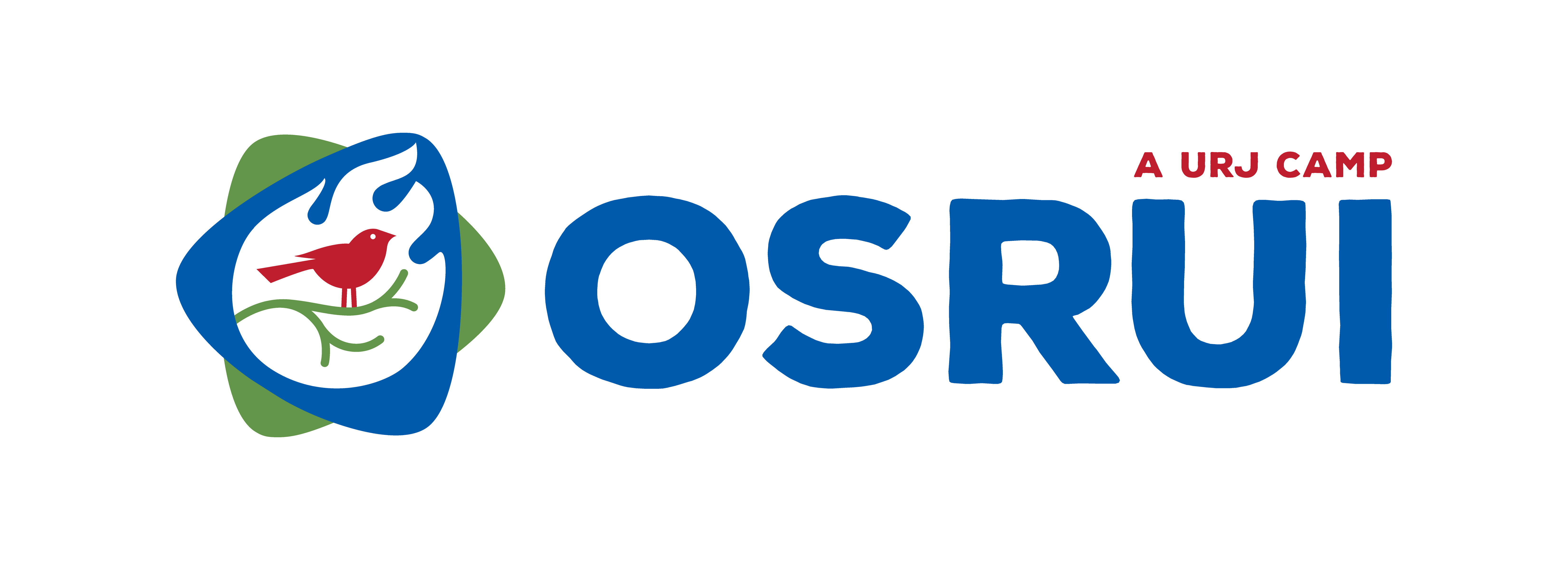Shalom from OSRUI! Every year, more than 50 Rabbis, Cantors, and Educators who spend time with us at camp in the summer. They work closely with the Rashei Eidot (unit heads) to create fun Jewish experiences that are educational and engaging. Today we are joined by Rabbi Jody Cook, OSRUI Segel member, who reflects on freedom at camp.
Spending a month at OSRUI is something I look forward to every year. It is an opportunity to see students from my congregation in a new setting, to connect with colleagues in a unique environment and to work with an entire eidah (unit) of chanichim (campers) and madrichim (counselors) from so many different places. This summer, I was part of Gesher Aleph. I went on speed boats and watched chanichim go tubing, I ate fresh bagels made by kids in the culinary intensive, I played many games of Knock Out (and even won once). And, I planned a lot of tefillot (services).
During tefillah one morning early in the session, I asked everyone to think about Mi Chamocha, the prayer for freedom. Later in the day, one chanich asked me why we say Mi Chamocha if we already became free from slavery in Egypt. We engaged in a brief conversation about what freedom might have looked like for our ancestors and what freedom looks like for us. As a result of this brief interaction, I focused on this prayer a few more times throughout the session. The way in which the chanichim and madrichim thought about freedom was both insightful and inspiring.
Once, I asked the community to share activities that made them feel free. With each answer, we decided on a simple movement to make as we sang the words of the prayer. One person felt free when eating – we gestured bringing food to our mouths. One person felt free when playing guitar – we strummed our imaginary instruments. A third person offered that they felt free when swimming, so we did our best freestyle and backstroke. Finally, someone shared that they feel free when they play basketball. Naturally, we dribbled and made a shot with our imaginary basketballs. We feel free when we can enjoy our favorite activities. We feel free when our bodies are in motion.
At tefillah one evening, I asked the eidah to think about freedoms that they are praying for when reciting Mi Chamocha. Recognizing that we celebrate many freedoms but that other people in our world do not, our prayer turned from a prayer of gratitude to a petitionary prayer. We asked for freedom to decide what happens to our bodies, we asked for freedom for Ukrainian people, we asked for freedom from hunger and homelessness. As an eidah, we prayed that others be freed from all that weighs them down.
Later in the session, I posed one more Mi Chamocha question during tefillah. I asked the group to think about what makes them feel free at camp and what makes them feel free at home. Knowing that the end of the session was approaching, I wanted the chanichim to think about these two communities and to acknowledge what makes each so important. Responses were interesting! For some chanichim, camp means freedom FROM electronics and screens. For others, camp means the freedom to use screens is taken away.. For some, camp means independence and fewer rules. For others, camp has more rules. For some, camp means freedom to read (specifically because there are no screens) and for some, camp means not enough time to read because of the other activities.
There is so much to be grateful for and we are free in so many amazing ways. Yet, there is much work to be done to help others be free. When choosing what you want to wear or eat, when choosing when to relax or work, think about what it means to be free.

Rabbi Jody Cook is the Director of Education at Sinai Temple in Champaign, Illinois and was faculty for Gesher first session.
